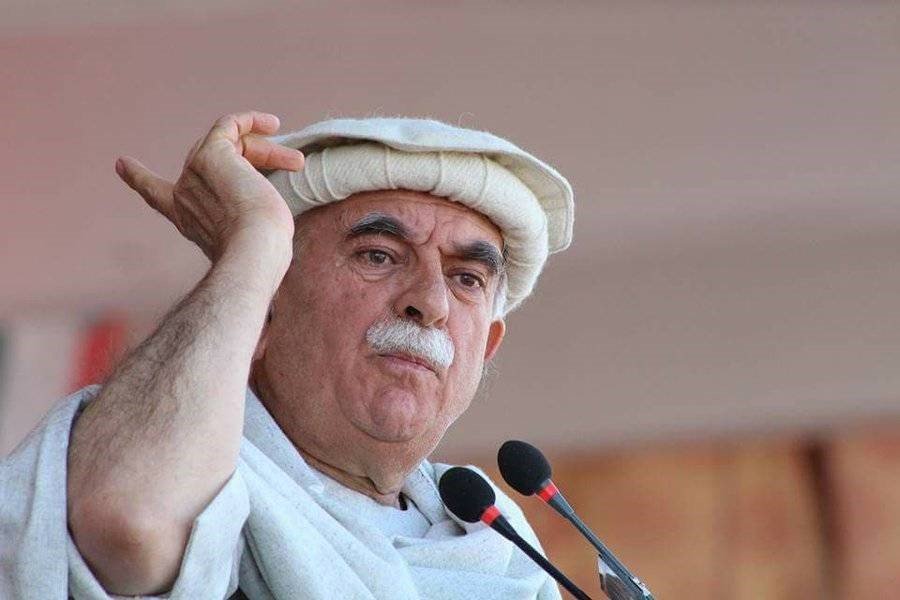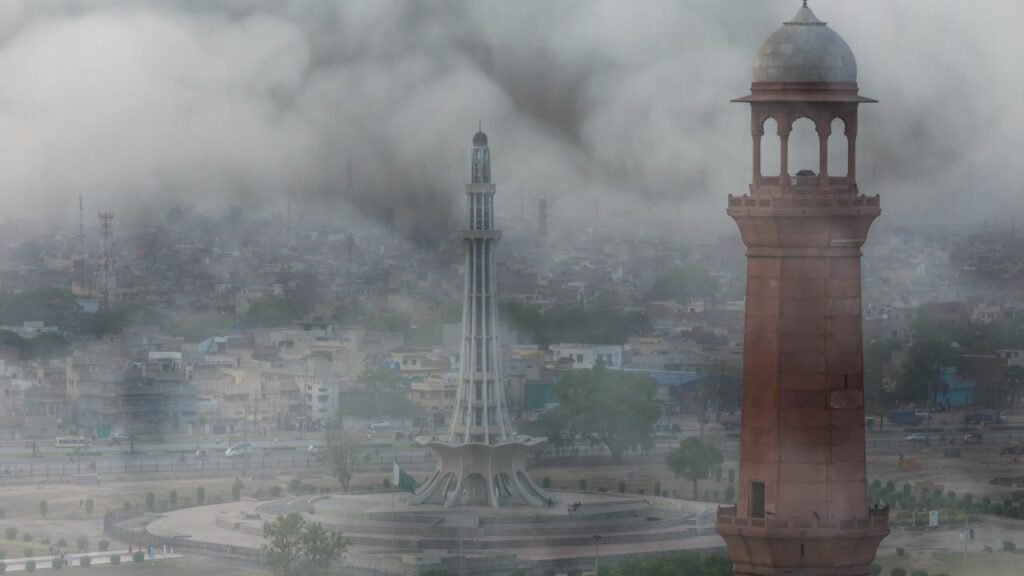In Pakistan, the crisis of leadership is no longer confined to political rivalries or party loyalties — it has evolved into a structural and intellectual failure. A troubling trend defines modern politics: every popular figure, whether a television anchor, sports celebrity, or media personality, aspires to become a political leader. Yet, when tested on their understanding of governance, law, or public policy, the results are almost always disappointing.
Follow republicpolicy.com
Leadership in a constitutional democracy demands far more than charisma or mass appeal. A genuine political leader must possess the ability to analyze, design, and reform the intricate machinery of the state. In a federal and parliamentary system like Pakistan’s, governance requires specific skills — legislative competence, administrative understanding, and a vision for institutional reform.
Law-making is the core responsibility of a legislator. Without a solid grasp of constitutional boundaries, fiscal implications, and procedural nuances, legislation remains hollow. Unfortunately, many of Pakistan’s parliamentarians lack technical understanding, leading to poorly drafted laws and weak parliamentary oversight.
Follow Republic Policy YouTube
A political leader must understand the basic principles of public administration and financial management. However, instead of learning how bureaucracy functions, many politicians seek to control it for personal or partisan gain. This results in institutional decay and the politicization of state machinery.
True leadership reveals itself when it reforms institutions rather than exploiting them. Reform requires policy insight, fiscal discipline, and administrative clarity. From digital governance to public accountability, the modern state demands leaders equipped with knowledge — not slogans.
Follow Republic Policy on X
Pakistan’s governance challenge also stems from ignorance of its state structure and social fabric. A competent leader must understand the relationship between legislature, judiciary, and executive — the three pillars of state power — and know how to balance them constitutionally. Moreover, policymaking must account for the diversity of Pakistan’s social structure — urban and rural, tribal and modern, rich and poor. Policies detached from social realities remain ineffective.
In today’s Pakistan, populism has replaced statesmanship. Winning hearts through slogans, hashtags, and rallies has become easier than building sustainable governance systems. Populist politics thrives on outrage, not reform; on short-term popularity, not long-term planning. Yet, without institutional reform, popular leaders end up as spectators in the very governments they lead.
Follow Republic Policy on Facebook
A true leader must rise above the noise of populism and focus on policy, law, and reform. Leadership in governance means understanding institutions, respecting constitutional limits, and translating popular will into workable policies. In Pakistan’s context, where governance structures remain fragile, this intellectual grounding becomes essential for stability.
Politics divorced from knowledge becomes mere activism, and knowledge detached from politics becomes sterile. Pakistan now needs leaders who embody both intellect and integrity — those capable of converting ideas into institutions and populism into policy. Academic understanding of federalism, fiscal management, and institutional design must become part of the political culture.
Follow Republic Policy on TikTok
The future of Pakistan’s democracy depends on transforming popularity into performance. Political parties must invest in training, mentorship, and leadership development. Candidates should undergo orientation in constitutional law, budgeting, and governance ethics before assuming public office. Governance must be treated as a profession, not a stage for celebrity performance.
Pakistan’s leadership deficit is not a lack of personalities — it is a lack of preparation. The nation needs political minds that combine popularity with competence, conviction with comprehension, and power with policy. If Pakistan continues to reward charisma over capability, its democracy will remain noisy but shallow.
The path forward lies in cultivating leaders who can think as reformers, legislate as experts, and govern as visionaries. Only such leadership can steer Pakistan from the politics of emotion toward the politics of excellence — where governance, not glamour, defines success.
Follow Republic Policy on Instagram















